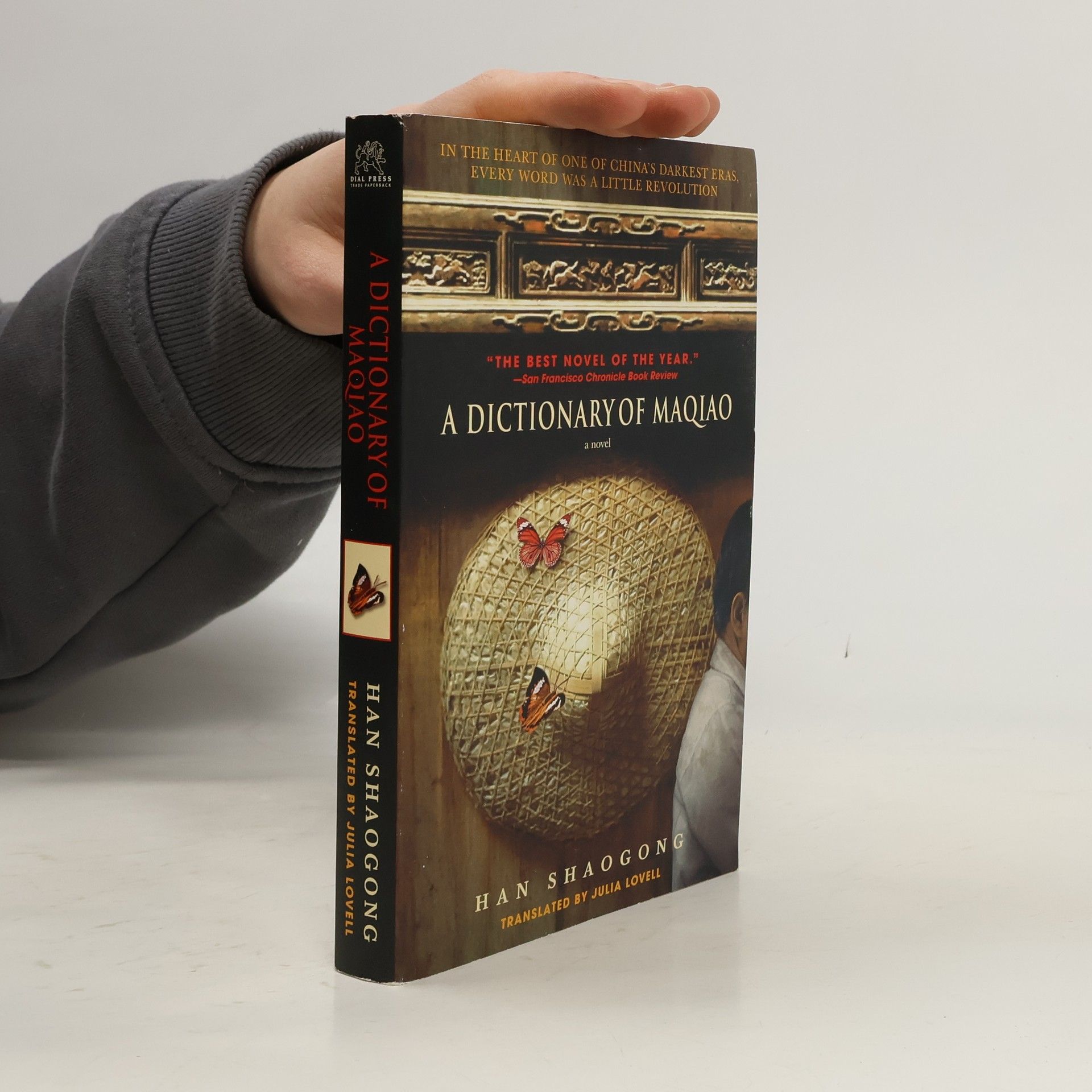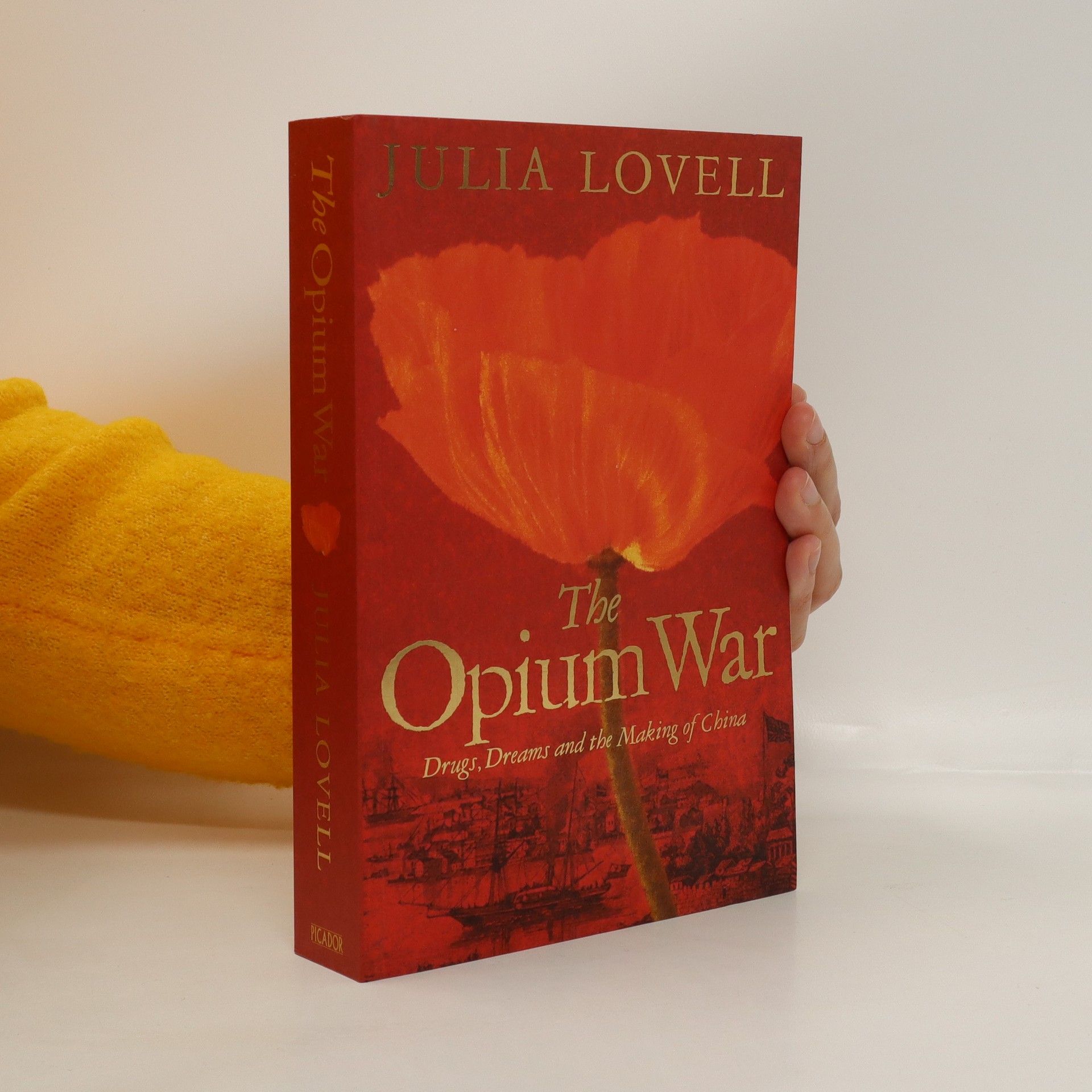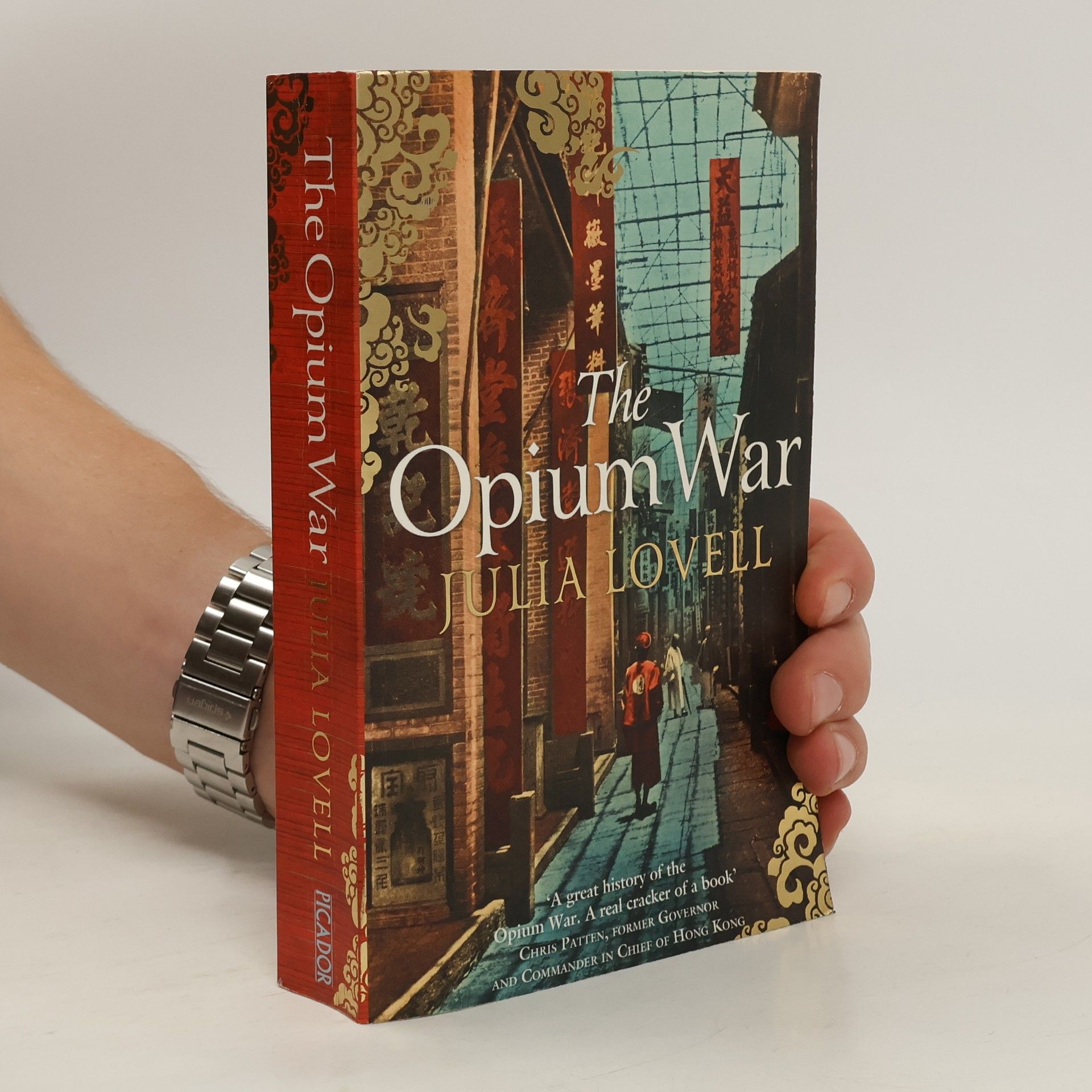Maoismus
Eine Weltgeschichte | PLATZ 1 SACHBUCH-BESTENLISTE | Ein preisgekröntes und bahnbrechendes Werk über den globalen Einfluss Maos und Chinas von einer vielfach ausgezeichneten Autorin
PLATZ 1 SACHBUCH-BESTENLISTE WIE DIE WELT DEM MAO-FIEBER ERLAG Unter der Herrschaft Xi Jinpings prägt der Maoismus bis heute die Politik Chinas. Umso wichtiger ist es, seine Geschichte zu verstehen. Revolutionär, brutaler Diktator, Pop-Ikone: Mao Zedong war eine der prägendsten Personen des 20. Jahrhunderts. Das kleine Rote Buch , bis heute knapp eine Milliarde Mal gedruckt, verbreitete sein Denken weltweit. Antikoloniale Bewegungen beriefen sich ebenso auf den Großen Vorsitzenden wie Politsekten und Terrororganisationen. Rudi Dutschke propagierte den »Langen Marsch durch die Institutionen«. Andy Warhol wählte Mao als sein erstes nichtwestliches Motiv. In ihrem monumentalen Buch zeigt Julia Lovell, wie der Maoismus in China und zahlreichen anderen Ländern rund um den Globus zu einer so wirkmächtigen Ideologie werden konnte. Dabei verschiebt sie die Koordinaten der herkömmlichen Geschichtsschreibung. Fernab von Moskau und Washington beeinflusste Peking zur Hochzeit des Kalten Krieges den Konflikt in Vietnam, verhalf den Roten Khmer in Kambodscha an die Macht und inspirierte Guerillas in Indien und Peru. Lovell erklärt, warum Intellektuelle in Westeuropa von einer Weltanschauung fasziniert waren, die sich an chinesische Bauern richtete. Sie folgt den Wegen revolutionärer Kämpfer aus Afrika, Südamerika und den USA. »Ein beeindruckendes, zugängliches und [...] erstaunliches Buch« (Ian Johnson, Pulitzer-Preisträger).







